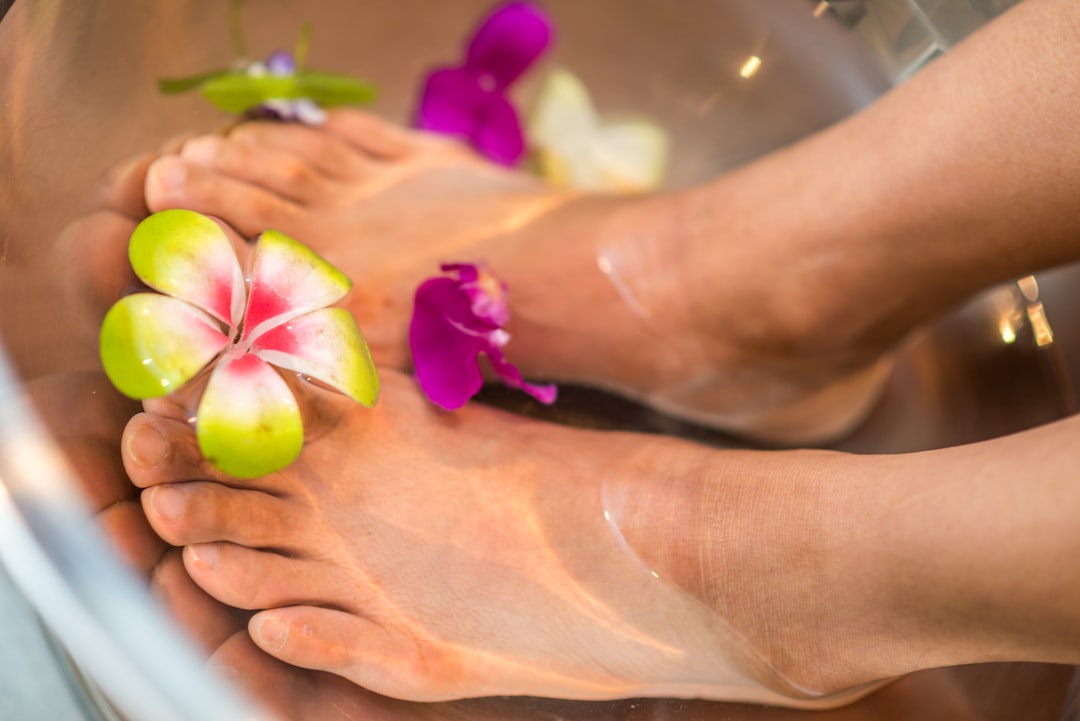

Cleanse the area with gentle soap and water, apply a soothing lotion or oil to hydrate the skin, avoid hot showers or baths for 24 hours, and exfoliate regularly to prevent ingrown hairs.
The rate at which your hair grows plays a significant role in how often you should get waxed.
3. Get the best hard wax products from Wax Wax. What happens if my hair is too short or too long before waxing?
Cost-effective option: DIY waxing kits are often cheaper than professional waxing services, making it a more budget-friendly option for those looking to save money. (However,) It's important to consider the initial investment in purchasing waxing supplies and equipment.
1. Why should you avoid sun exposure before getting waxed?
Dry Skin: Dry skin tends to be more sensitive and prone to irritation, so it's important to choose a wax that is gentle and moisturizing. Look for waxes that contain soothing ingredients like chamomile or aloe vera to prevent dryness and itching.
Waxing is a form of semi-permanent hair removal that involves applying a sticky substance, such as wax, to adhere to body hair and then removing this covering to pull out the hair from the follicle. New hair will not grow back in the waxed area for four to six weeks. Waxing can be done on various parts of the body, including eyebrows, face, legs, arms, back, abdomen, chest, and feet. There are different types of waxing methods available, such as strip waxing (soft wax) and stripless wax (hard wax and film wax). While waxing is an effective method for removing hair in large amounts at once and provides long-lasting results compared to shaving or using depilatory creams, it can also be painful and expensive. Some people may experience ingrown hairs or skin irritation after waxing.
Hygiene Practices to Follow
This article needs additional citations for verification . Please help improve this article by adding citations to reliable sources . Unsourced material may be challenged and removed.
Taking a pain reliever 30 minutes before your waxing session, if needed, can help reduce any discomfort you may experience during the process. This is especially helpful for those with sensitive skin or low pain tolerance. Just make sure to consult with your doctor before taking any medication!
You can reuse the waxing kit multiple times, making it a cost-effective option in the long run.
If you have allergies, make sure to check the ingredients in the wax to avoid any adverse reactions.
In effect this means that by following these precautions (mentioned above), you not only protect your skin but also ensure that your waxing results last longer. Prioritizing proper care for your post-waxed skin by avoiding sun exposure helps maintain its health and smoothness in the long run!
[ edit ]
Waxing is a form of semi-permanent hair removal that involves applying a sticky substance, such as wax, to adhere to body hair and then removing this covering to pull out the hair from the follicle. New hair will not grow back in the waxed area for four to six weeks. Waxing can be done on various parts of the body, including eyebrows, face, legs, arms, back, abdomen, chest, and feet. There are different types of waxing methods available, such as strip waxing (soft wax) and stripless wax (hard wax and film wax). While waxing is an effective method for removing hair in large amounts at once and provides long-lasting results compared to shaving or using depilatory creams, it can also be painful and expensive. Some people may experience ingrown hairs or skin irritation after waxing.

Less frequent maintenance is required with waxing, as the results are long-lasting and regrowth is slower compared to other methods of hair removal. This means you don't have to worry about constantly shaving or applying depilatory creams every few days.
Types
With regular waxing, hair follicles weaken and may eventually stop producing new hair growth.
It is recommended to exfoliate 24-48 hours before waxing and then 2-3 times a week after waxing to maintain smooth skin.
Improper technique can lead to ineffective results, whether waxing is done at home or by a professional. In both cases, there are advantages and disadvantages to consider. When doing DIY waxing, it is important to apply the wax in the direction of hair growth and remove it against the hair growth for best results. If this step is not done correctly, the hair may not be fully removed from the root, leading to faster regrowth. Additionally, improper temperature control of the wax can result in burns or skin damage (!). On the other hand, professional estheticians are trained to use proper techniques and ensure effective hair removal with minimal discomfort.
1. What are the different types of wax used for hair removal?